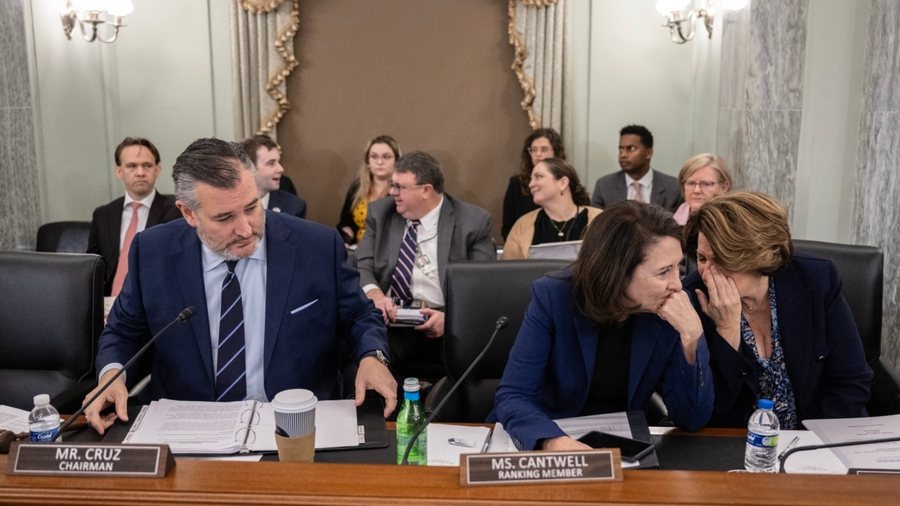
In his inaugural address, US President Donald Trump vowed to return the Panama Canal, a key passageway for global trade, to US control amid fears of a growing Chinese presence. As VOA correspondent Katherine Gypson reports, US senators on Tuesday considered security concerns about the Panama Canal and the next steps.
Just days after taking office, President Donald Trump told Republican lawmakers that he wants the key passageway for global shipping - the Panama Canal - returned to United States control, saying American shipping is not being treated fairly.
" China has basically taken over and we will not let that happen. We will not let that happen. It was the largest investment to date ever made by the country ," President Trump said.
Republican lawmakers said Tuesday that the canal poses a national security risk.
“ Chinese companies are now building a bridge across the canal at a slow pace, designed to last nearly a decade. And Chinese companies control the container ports at both ends. The bridge, which is only partially completed, gives China the ability to block the canal without warning, and the ports give China ready vantage points to find the right moment to do so. This situation, I believe, poses acute risks to the national security of the United States. Meanwhile, the high tariffs for crossing the canal affect Americans much more ,” said Republican Senator Ted Cruz.
The United States built the canal in 1914 and controlled it until 1977, when it was handed over to Panama. Earlier this month, Panamanian President Jose Raul Mulino said the canal would continue to belong to his country.
" Panama is not distracted by this type of statement. For a long time, we have been an ally and friend of the United States ," the Panamanian president said.
About 72% of the goods that transit the canal come from or are destined for American markets. The Panama Canal Treaty protects the international neutrality of this shipping route and allows the United States to intervene if that is threatened.
“ If Panama were to sign a treaty with the People’s Republic of China, where the latter would manage the canal on Panama’s behalf, that would be a clear violation. What if Panama were to contract for port operations with a Chinese state-owned firm, or even a private firm influenced by, or partially controlled by, the Chinese government? In other words, a company doesn’t have to be government-owned to be partially controlled by the government ,” says Eugene Kontorovich, a law professor at George Mason University.
Senator Maria Cantwell, the Democratic leader on the Senate Commerce Committee, called for stronger trade agreements and increased cybersecurity to address the problem.
" The bigger issue is that we need to understand what the shortcomings of the current agreement are, the concerns in terms of improved technology. I would hope that Panama would be very cooperative in discussing these cybersecurity investments and what needs to be done ," said Senator Cantwell.
An analyst told VOA that proposed legislation, like the America Act, could help address these problems.
" At the end of the day, it's really about investment in America. It's the most powerful tool to counter China's growing influence in the region, because trade means that the countries where this investment is going will create more jobs, there will be more prosperity. You'll see fewer people needing to immigrate to the United States ," said analyst Maria Bozmoski, of the Atlantic Council.
In his first trip abroad as secretary of state, Marco Rubio will visit Panama in early February. VOA (A2 Televizion)











